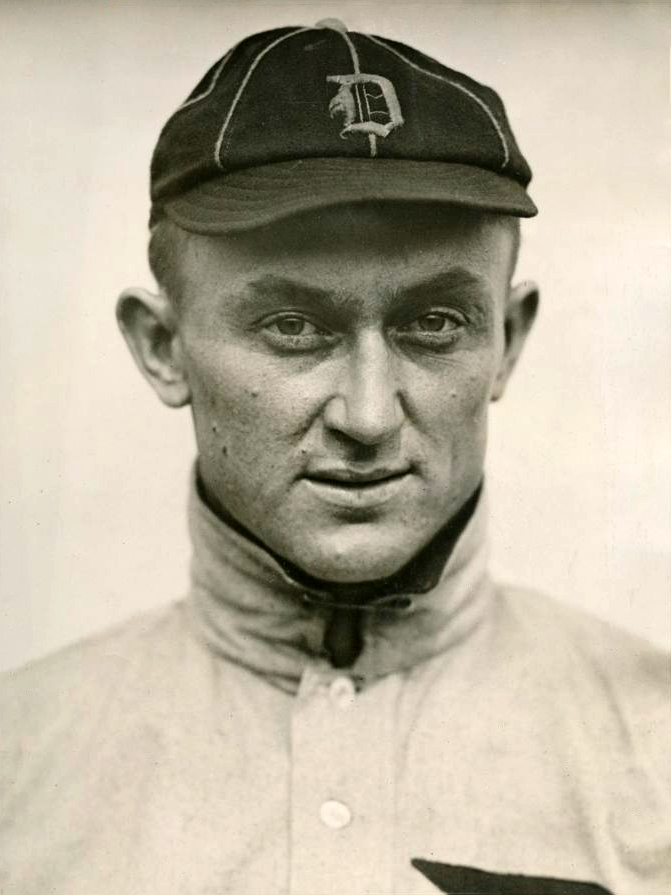I did a bit of driving this week. One of the conversations that stuck out to me was people starting to analyze this spate of harassment news that's come out, especially surrounding entertainment. People were asking how to respond to Kevin Spacey's work now that he's been exposed as the nasty, brutish dude he's always been rumored to be. You can sort of excuse things as "genius at work," until it proves to be at least borderline criminal. This is the same conversation people have been having for several years about watching The Cosby Show.
Time and again people brought up Alfred Hitchcock - a guy who abused many of the actors (and especially actresses) who worked for him, perhaps partly to evoke a specific performance, but also, likely, because he enjoyed the benefits that come with power and privilege.
I want to posit an idea. I'm not sure it entirely holds up, but it seems to be true from a certain vantage point. That idea is simply that when people are with us, they are more than just the sum of their actions. People are relational; they're good and bad and something more, something intangibly human that makes judgement calls difficult. When they're gone, all we have are our memories, our interactions with them - essentially, we have just the things they've done.
One of the things I repeatedly explain to my daughter - something she probably does not understand at her age and level of development - is that there are no bad people (there's no good people, either, but she rarely ever uses that kind of language), just bad actions. People are people;
they are beloved because they exist, but they do not exist as good or bad, just as people, human.
Our society doesn't like that. I wonder if it's because we're collectively (if not individually) stuck in an earlier stage of development. I've been substitute teaching a lot this year, usually in 7th and 8th grade. I've had a lot of conversations about big issues and current events -
which is cool, because 7th and 8th grade are the years when human beings begin to experiment with the notion that not everything is black and white, true and false. I'm not sure we collectively understand how to express that.
We can say Ty Cobb was a racist jerk and also one of the best human baseball players of all time, precisely because he died in 1961. He is literally just words on a page (and a great Tommy Lee Jones movie sadly almost no one saw). We can say "racist bad; baseball good," and not lose too much sleep.
Harvey Weinstein isn't tough for us because he's only famous for being an ass. The guy browbeat people into giving his movies Oscars, so it's not hard to imagine him being a perverted, bully jerk. It's not as easy when Kevin Spacey is smiling back at us from Baby Driver on demand or we think about Dr. Cliff Huxtable waltzing off the set in his snazzy sweaters only to celebrate by raping a drugged starlet.
I think, in the end, we're all going to make up our own minds. And just because there aren't bad people doesn't mean our views of people are entirely shaped by their actions. I'm not trying to defend anyone or anything, just simply pointing out that nothing makes a person entirely worthless. I think we know that deep down, because we're all a little self-conscious about our own flaws, but we also want to be outraged at things which rightfully provoke outrage.
In the end, we are more than the sum of our parts. However, once we're gone, there are nothing left but parts. Those realities should provide some balance for us as we think about our own worth and try to determine how to judge and characterize others. What we do matters, but it's just not everything, as much as we'd like it to be that way.

No comments:
Post a Comment